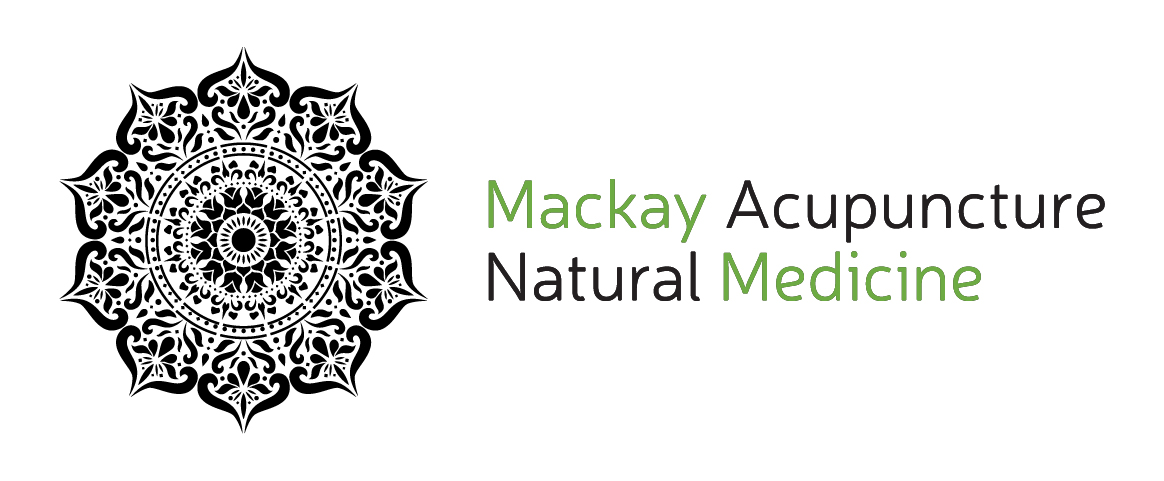Acupuncture is a traditional Chinese medicine technique that involves the insertion of fine needles into specific points of the body to alleviate pain and improve overall health. In recent years, acupuncture has gained popularity as a complementary therapy for infertility treatment, including in vitro fertilization (IVF). In this article, we will explore how acupuncture may assist with IVF treatment and what scientific evidence supports this claim.
IVF is a complex and expensive treatment for infertility that involves the fertilization of eggs outside the body, followed by the implantation of embryos into the uterus. Despite the success rate of IVF, it is not always effective, and couples often require multiple cycles to achieve a successful pregnancy. Therefore, many couples are looking for ways to increase their chances of success with IVF, and acupuncture has emerged as a promising option.
Acupuncture may assist with IVF treatment by improving blood flow to the uterus and ovaries, reducing stress and anxiety, and regulating the menstrual cycle. Studies have shown that acupuncture can increase blood flow to the uterus and ovaries, which can improve the chances of successful embryo implantation. Additionally, acupuncture can reduce stress and anxiety, which can improve the overall success of IVF treatment. Furthermore, acupuncture can regulate the menstrual cycle, which can help optimize the timing of IVF treatment.
One study published in the Journal of Integrative Medicine investigated the effects of acupuncture on pregnancy outcomes in women undergoing IVF. The study included 205 women who received either acupuncture or a placebo treatment during their IVF cycle. The results showed that the pregnancy rate was significantly higher in the acupuncture group compared to the placebo group (42.5% vs. 26.3%). The study concluded that acupuncture could be a useful adjunct to IVF treatment.
Another study published in the Journal of Clinical Endocrinology and Metabolism examined the effects of acupuncture on pregnancy outcomes in women with polycystic ovary syndrome (PCOS) undergoing IVF. PCOS is a common cause of infertility, and women with PCOS often have reduced fertility due to irregular ovulation. The study included 85 women with PCOS who received either acupuncture or a sham treatment during their IVF cycle. The results showed that the pregnancy rate was significantly higher in the acupuncture group compared to the sham group (62.5% vs. 48.1%). The study concluded that acupuncture may be a useful adjunct to IVF treatment in women with PCOS.
While the scientific evidence on acupuncture assisting with IVF treatment is promising, it is important to note that not all studies have shown significant benefits. Some studies have failed to find a significant difference in pregnancy rates between women who received acupuncture and those who did not. Therefore, further research is needed to fully understand the potential benefits of acupuncture in IVF treatment.
In conclusion, acupuncture may assist with IVF treatment by improving blood flow to the uterus and ovaries, reducing stress and anxiety, and regulating the menstrual cycle. While the scientific evidence is promising, further research is needed to fully understand the potential benefits of acupuncture in IVF treatment. If you are considering acupuncture as a complementary therapy for your IVF treatment, it is important to discuss this with your healthcare provider to ensure that it is safe and appropriate for you.


